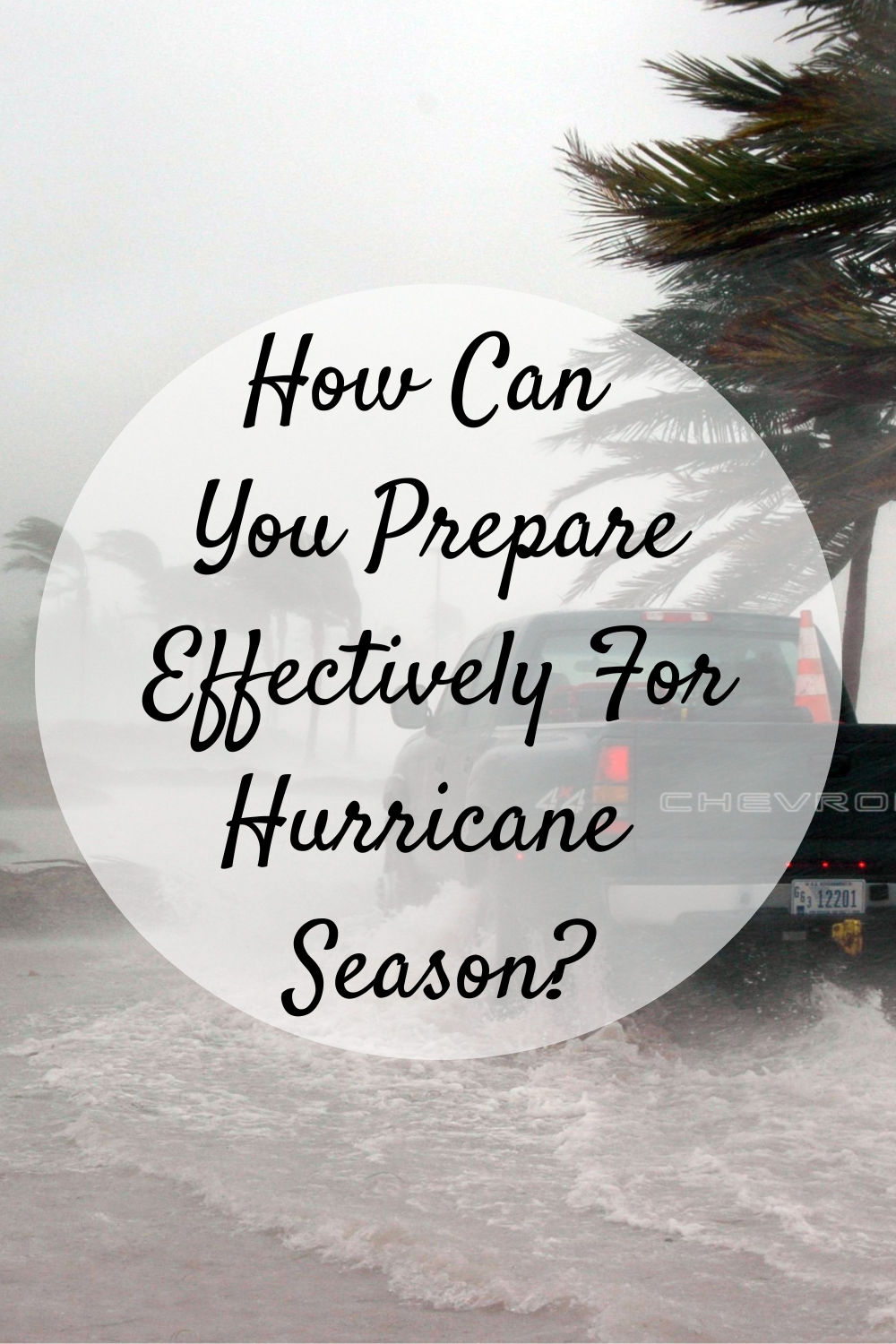
Hurricane season isn’t just a time marked on the calendar—it’s a period when you need to be vigilant, proactive, and prepared. With the intensity and frequency of storms increasing, being ready for what lies ahead is more critical than ever.
Understanding the Risks
First things first, understanding the risks is crucial. Hurricanes aren’t just about wind; they bring along heavy rain, storm surges, and potential flooding. This means your preparation should cover multiple fronts. A good starting point is to familiarize yourself with your region’s hurricane history and pay attention to local authorities’ guidelines. This knowledge will give you a solid foundation for planning.
Strengthen Your Home: Windows Matter Most
One of the most important aspects of hurricane preparation is protecting your home, especially your windows. Windows are often the most vulnerable part of a house during a storm. Strong winds can turn loose objects into projectiles, and if your windows aren’t properly protected, you’re risking not just damage to your home but also to the safety of those inside. Luckily, you can get windows that protect during hurricane season, giving you complete peace of mind. These are designed specifically to withstand the forces of a hurricane. They might cost more upfront, but think of them as an investment in your safety.
Secure Your Property
Beyond windows, there are other aspects of your property that need attention. A little time spent here can prevent significant damage later on.
Trim Trees and Secure Loose Items
Loose items in your yard can become dangerous projectiles in high winds. This includes patio furniture, grills, toys, and even small decorations. Make it a habit to store these items inside or securely tie them down as soon as hurricane season starts.
Trees, while beautiful, can pose a significant risk during a storm. Overhanging branches should be trimmed, and dead or weak trees should be removed. The last thing you want is a tree crashing through your roof in the middle of a hurricane.
Reinforce Doors and Garage Doors
Your doors, especially garage doors, are another point of vulnerability. Most garage doors aren’t built to withstand hurricane-force winds, which can lead to the entire structure being compromised.
- Reinforcement kits – These can be purchased to strengthen your garage door. They usually involve adding braces that keep the door in place even under extreme conditions.
- Check door seals – Ensure that all exterior doors have proper seals to prevent water from entering. Adding additional deadbolts or braces can also provide extra security.
Create an Emergency Plan
Even with the best physical preparations, having an emergency plan is vital. This plan should cover everything from evacuation routes to emergency contacts and supplies.
Build a Hurricane Kit
Your hurricane kit is your lifeline if you’re unable to leave your home for several days or if utilities are down. This kit should be easy to access and include the essentials.
Here’s what to include:
- Water – At least one gallon per person per day for at least three days.
- Non-perishable food – Enough for at least three days. Don’t forget a manual can opener!
- Medications – A minimum of a week’s supply of any prescription drugs.
- Flashlights and batteries – Have plenty on hand, and consider battery-powered lanterns as well.
- First aid kit – Include all basic supplies, plus anything specific to your family’s needs.
- Personal hygiene items – Soap, toothpaste, feminine products, etc.
- Important documents – Store them in a waterproof container. This includes insurance papers, identification, and emergency contacts.
- Cash – ATMs might be down, so it’s wise to have some cash on hand.
Know Your Evacuation Routes
If you’re in a flood zone or an area likely to be hit hard, evacuation might be your best option. Know your evacuation routes in advance and keep a full tank of gas in your car during hurricane season. Also, decide on a safe place to go, whether it’s a friend’s house or a designated shelter.
Communication Plan: Keep in touch with family members or friends during the storm. Have a plan for checking in with each other at regular intervals. If you have pets, make sure your evacuation plan includes them as well—many shelters don’t accept animals.
Stay Informed
Technology is your friend during hurricane season. With the right tools, you can stay ahead of the storm and react accordingly.
Weather Apps and Alerts
Make sure you have reliable weather apps installed on your phone, and sign up for alerts from local authorities. These can give you the latest updates on storm paths, evacuation orders, and other crucial information.
Portable Radio
A battery-operated or hand-crank radio can be a lifesaver if the power goes out. You can tune into local stations for continuous updates, even when other communication methods fail.
Post-Storm Safety
Once the storm passes, your focus should shift to safety and recovery. The immediate aftermath of a hurricane can be just as dangerous as the storm itself.
Avoid Floodwaters
Floodwaters can be contaminated with sewage, chemicals, and other hazards. Avoid wading through them, and never drive through flooded roads—you can’t always tell how deep the water is, and it only takes a small amount of water to sweep a car away.
Inspect Your Home
Carefully inspect your home for damage before re-entering. Look for structural issues, downed power lines, gas leaks, and other hazards. If you have doubts about your home’s safety, it’s best to stay out until professionals can assess the situation.
Document Damage
If your property has been damaged, document everything with photos or videos. This will be invaluable when it comes to filing insurance claims.
The Power of Preparation
Being prepared for hurricane season is about more than just following a checklist—it’s about taking control in a situation where so much feels out of your hands.





vickie duncan says
I personally havent been thru one yet,an pray I never do,but I dont see how you can be perpared for such a storm